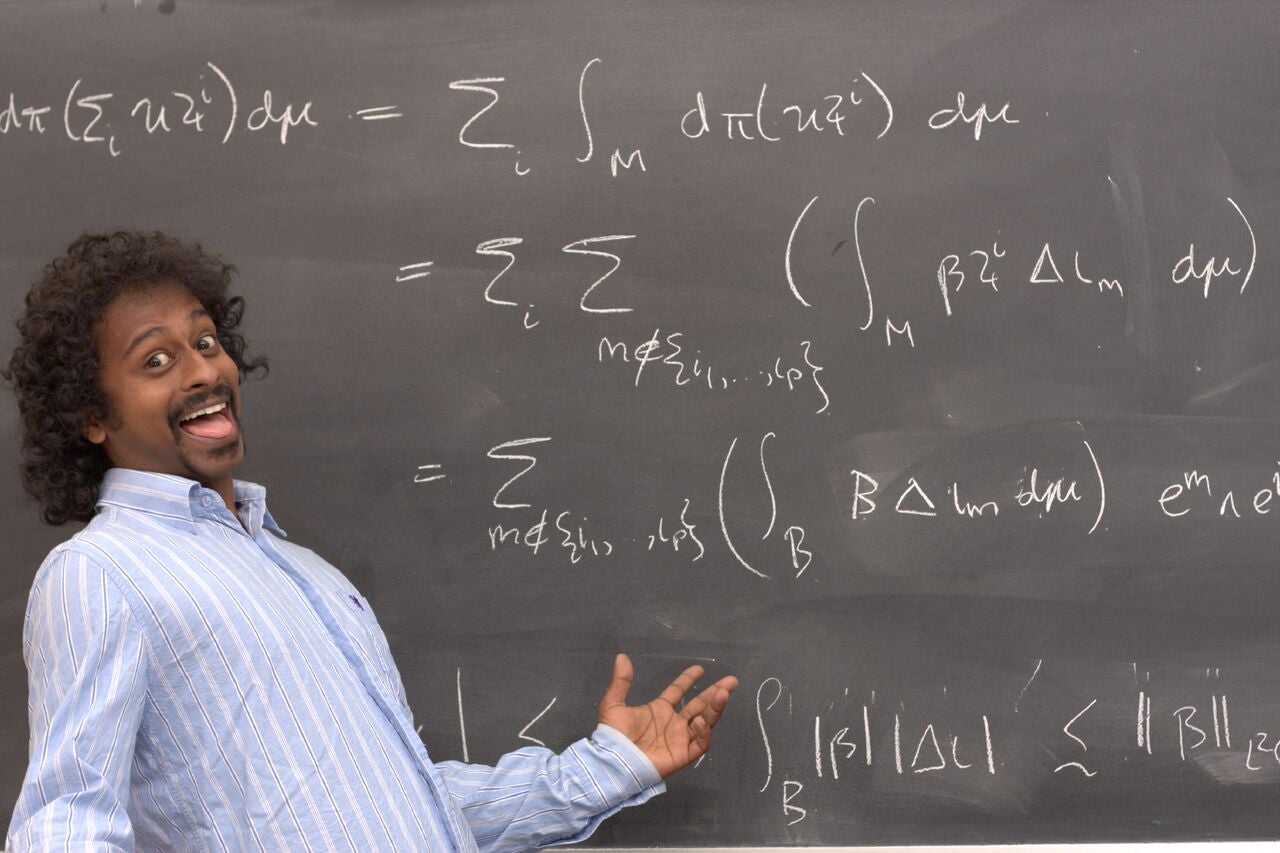All talks will take place in MC 5403.
13:00-14:00
Spectral flow and the Riesz stability of the Atiyah-Singer Dirac operator under bounded perturbations of local boundary conditions.
Lashi Bandara, Universität Potsdam

We study the Atiyah-Singer Dirac operator on smooth Riemannian Spin manifolds with smooth compact boundary. Under lower bounds on injectivity radius and bounds on the Ricci curvature and its first derivatives, we demonstrate that this operator is stable in the Riesz topology under bounded perturbations of local boundary conditions. Our work is motivated by the spectral flow and its connection to the Riesz topology. These results are obtained by obtaining similar results for a more wider class of elliptic first-order differential operators on vector bundles satisfying certain general curvature conditions. At the heart of our proofs lie methods from Calderón-Zygmund harmonic analysis coupled with the modern operator theory point of view developed in proof of the Kato square root conjecture.
14:15-15:15
Moduli of symplectic vortices: topology and asymptotic geometry
Nuno Romao, Universitaet Augsburg

Symplectic vortices are stable field configurations in two-dimensional Yang-Mills-Higgs theory; their gauge equivalence classes provide equivariant analogues of pseudoholomorphic curves in the context of targets equipped with a holomorphic Hamiltonian action. I will give an overview on recent results concerning the underlying moduli spaces, which make close contact with the physics (both classical and quantum) of gauged sigma-models. My talk will focus on the case of Kähler toric target manifolds, i.e. Abelian gauge theory, for which many important questions can be answered at least in particular examples: fundamental groups, asymptotic behaviour of L2-metrics, L2-invariants.
15:30-16:30
Cyclic monopole chains
Derek Harland, University of Leeds

Monopole chains are monopoles invariant under a discrete 1-dimensional translation group; equivalently, they are monopoles on the manifold R2xS1. A classical problem for monopoles is the determination of allowed symmetry groups; in this talk I will discuss a classification of monopole chains with cyclic symmetry. The classification depends on much of the technology that has been developed to analyse monopole chains, including spectral curves, the Nahm transform, Hitchin systems, and Higgs bundles.